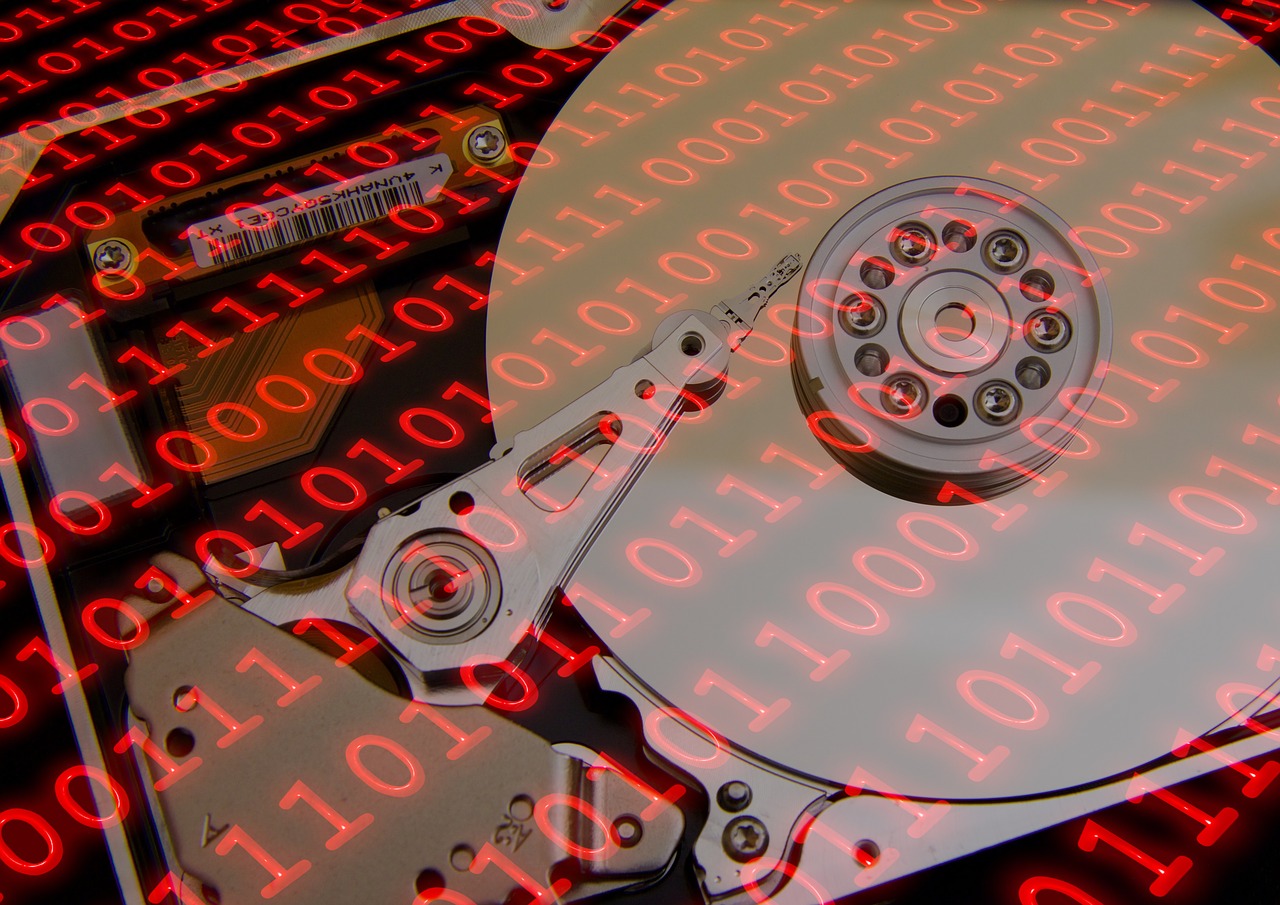Data Processing: Important Types and Significance
The significance of data processing is widely recognized in every field of work. It is a task that involves synchronizing collected data from distinct sources and converting it to an organized form. This makes the data understandable and retrieving...

The significance of data processing is widely recognized in every field of work. It is a task that involves synchronizing collected data from distinct sources and converting it to an organized form. This makes the data understandable and retrieving specific information anytime becomes easy. There are multiple data processing methods that include electronic data processing, mechanical data processing, and manual data processing. While dealing with huge chunks of data and carrying out data mining, data processing becomes pivotal. Also, emerging fields like big data, data analysis, and data science have made the need of processing data all the more important.
Everyday data gets collected for commercial use, business use, academic and scientific research, and personal use. It is important that the collected information is stored, sorted, filtered, analyzed, and presented. The process can be complex or simple depending on the scale of data collection and the complexity of the results needed to be obtained. The time for obtaining required results also varies depending on the operations needed to be carried out on the collected data and the type of output expected. The problem becomes complex when large volumes of data are needed to be dealt with. Thus, the need for data processing becomes more important.
Processes like data management and data mining ensure that optimal results are obtained while handling big data volumes. All stages of data processing starting from collection to presentation have a direct impact on the output and utility of the processed data. Processed data is easy to arrange, saves a lot of space, and can be easily understood by the employees.
Important Types of Data Processing
Let’s understand the most important types of data processing:
Business Data Processing
Business data processing involves using certain relational databases that use batch processing. In this huge amounts of data are fed into the system and output is produced by using fewer operations. The data managed by this system is generally standardized and the probability of mistakes is very low. Most of the tasks are mechanized with the help of computers so that they become easy and devoid of errors.
Scientific Data Processing
This category of data processing uses extensive computing procedures with a lesser number of inputs and outputs. The common computing operations used are arithmetic and comparison. No inaccuracy is accepted in this form of processing as it can result in faulty decision-making. Hence, data is verified, categorized, and standardized with great care and multiple scientific processes are utilized to ensure that there are no incorrect conclusions. Scientific processing of data takes more amount of time than business data processing.
Real-time Processing
Processing in real time is utilized when immediate output is needed. When any mistake is discovered in the incoming data, it is overlooked and the processing of the next block of data is carried out. A common example of real-time data processing includes GPS tracking programs.
Batch Processing
It is a kind of data processing in which multiple cases are processed at the same time. Batch processing is generally employed when the data is consistent and huge in volume and collected and processed in batches. In simultaneous batch processing, every case is performed by the same resource at the same time. In sequential batch processing, multiple cases get executed by the same resource one after the other.
Online Processing
Just like real-time data processing, online data processing services receive and process data simultaneously. However, with online processing, the user gets to extract data anytime and anywhere. Common examples of online data processing include bar codes and access cards.
Advantages of Data Processing
Organizations all over the world are engaged in the task of data processing. Here are the important advantages that efficient processing of data can provide:
Easy Report Making
In a majority of activities, data is widely used for collecting important values and making reports. Making reports took a long time when manual or offline data processing was used. Now, the process has been simplified owing to online processing and report-making has become fast. Once the data is processed and placed as per a particular framework, you can easily collect it with just a few clicks. The report looks authentic and organized as it contains pertinent information obtained after the logical processing of data.
Better Results and More Productivity
An organization with access to the right data always has an advantage over its competitors. To obtain the required information, data can be processed in multiple forms. Data analysis allows you to make an informed decision as you have the statistics and the important details with you. Any company with access to structured data for obtaining meaningful information always has an edge
A proper analysis of data offers you insight into the areas in which improvements need to be made. Important areas like data mapping and data visualization also need to be prioritized and addressed accordingly. The required area can be chosen for further processing of data or boosting sales. You can identify potential areas where you can reap the most benefits and invest in them to increase profits.
Easy Storage and Distribution
Storing large amounts of data in physical form requires huge space and there are also high chances of confusion and missing information. When data is processed using computers, you don’t have to worry about needing an extra room for storing all the important files and papers. Your data will be processed and labelled digitally in an accurate manner. Retrieving information from processed data is way simpler than retrieving from unprocessed data.
Accuracy and Speed
There are negligible to no chances of errors when data is collected and filtered using computers. You can guarantee that further processes will be carried out with utmost accuracy. Data processing can be done at a greater speed with more accuracy when the right software is used. This also offers a great advantage while working in a competitive environment. Processes like data cleaning, predictive modelling, batch processing, and data validation ensure the accuracy of data.
Safety and Security
When data is processed digitally, you can ensure that it is secure. With data becoming more sensitive with time, incidents like data theft have also become common. Data processing ensures the security of data by using multiple free and paid software. This prevents any unauthorized access to the data and keeps it safe. If needed, you can also encrypt your data. Processed data is easy to store, use, and work with. It can also be approached easily via clouds, emails, and other storage devices and apps.
Reduced Cost
Collected data acts as an asset for a group and when stored effectively, it becomes easy to access it when needed. This removes the need for collecting data again and again. Transferring and sending data also becomes easy and this in turn helps with cost reduction. The loss that a company might incur owing to a lack of information is also significantly reduced. This is because processed data allows a company to make an informed and wise decision.
Summing Up
Data processing plays a key role in making things organized and ensuring a smooth workflow. Making reports becomes easy as processed facts and figures help businesses in making quick analysis. All the unnecessary paperwork is eliminated and the search efficiency is improved as there is no need to go through data manually. For an organization looking to improve its efficiency, data processing is an asset.

 JaneWalter
JaneWalter 































